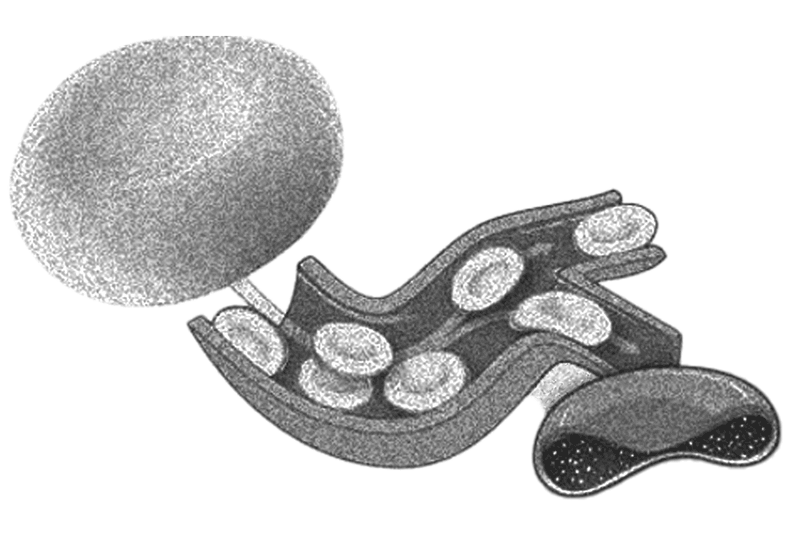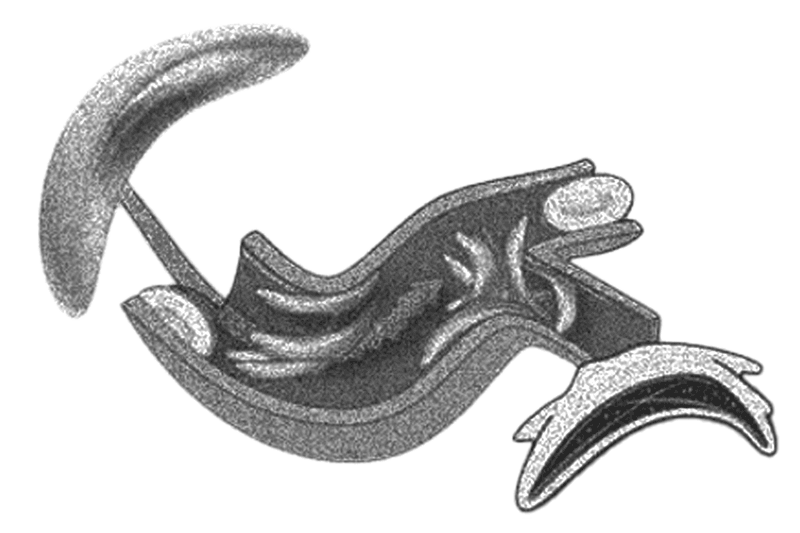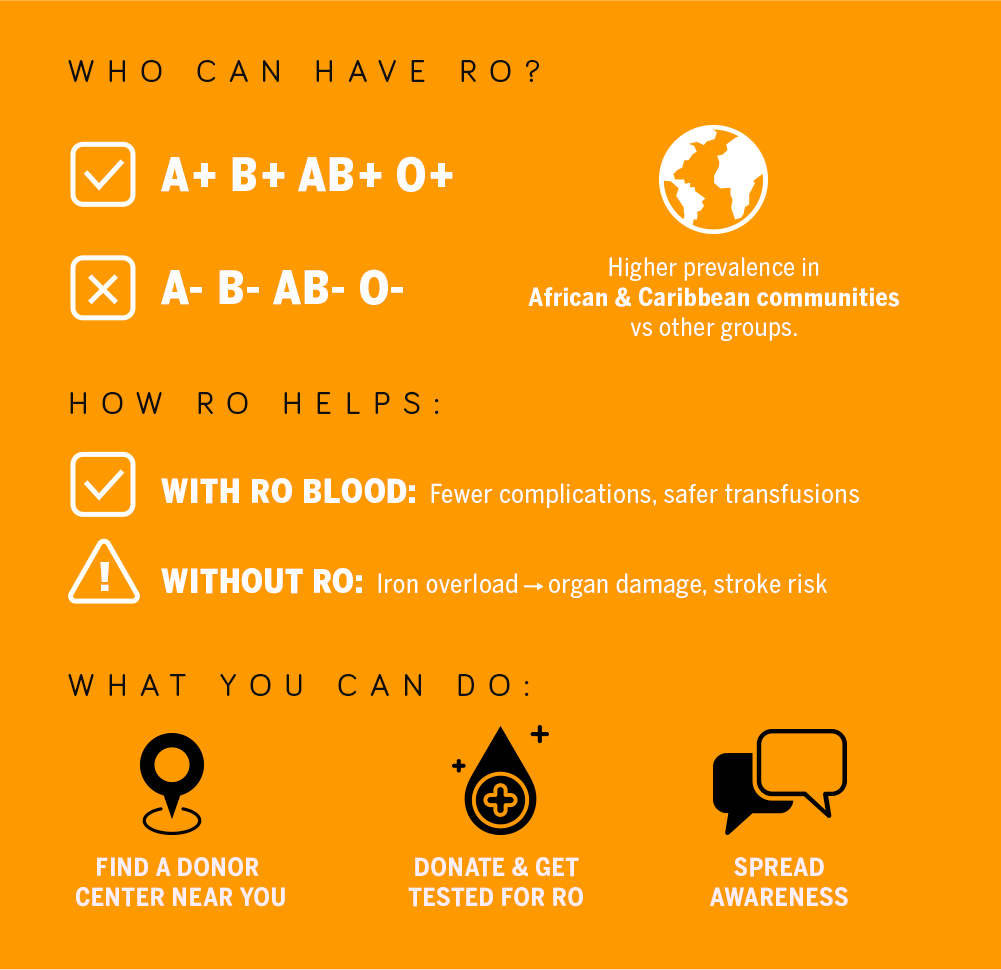
OUR MISSION
Sickle cell disease affects the daily lives of about 1 in 400 African Americans. Versiti’s mission is to bring that number down to zero.
Healthy red blood cells appear round and flow freely through your veins, delivering oxygen throughout your body. But if you have sickle cell disease (SCD), some blood cells are shaped more like little sickles or crescents. This seemingly small difference causes serious problems to the body’s oxygen and blood flow. SCD patients struggle with chronic fatigue, organ damage, and much more. It’s painful, debilitating, and can prove fatal if not treated.
Myth: If you have sickle cell, you’ll die young.
Fact: Thanks to blood transfusions and other treatments, sickle cell patients enjoy significantly longer lifespans.
Myth: Sickle cell is an African American disease.
Fact: Ethnicities from all parts of the world can be born with sickle cell.
Myth: Sickle cell disease is contagious.
Fact: Actually, sickle cell disease is genetic—you’re born with it. Both parents must carry the sickle cell trait in order to pass it to their child.
Myth: People with sickle cell use their disease as an excuse to take drugs.
Fact: Sickle cell patients often experience severe pain, and prescribed opioids provide much-needed relief.
NORMAL BLOOD CELL

Healthy red blood cells flow freely through blood vessels.
SICKLE CELL

Abnormal sickle cells block blood flow within blood vessels.
affects...
SCD doesn’t just affect our patients’ physical health but their mental health as well. Missing school, losing jobs, and experiencing social stigmas take a toll.
Parents and caregivers juggle professional and family lives while caring for loved ones. Between doctor visits, ER trips, and medication, families face financial and emotional strain.
Milwaukee is home to hundreds of individuals living with SCD. Versiti needs more donors with the Ro blood type for SCD patients who rely on regular transfusions.
living with sickle cell
Watch below to hear James' sickle cell journey
People don’t realize the impact their blood donation has—not just on me, but on my family.
James Griffin
Sickle Cell Warrior & Advocate
Blood is life. And for SCD patients, that’s doubly true. On average, 5% of the U.S. population donates blood. Of that 5%, a fraction are Ro blood donors, which is the safest blood type for anyone living with sickle cell.
Watch below to hear Nicole’s donation journey.
One donation can save three lives. Each component of your blood is used for different things—it’s basically medicine. Blood is medicine.
Nicole Potts
Ro Blood Donor
a rare but life-saving
sub-blood type...
what is ro blood?
Simply put, Ro is a sub-blood type. Anyone with a positive primary blood type (like A+, B+, AB+, or O+) can carry it. While Ro is rare, it’s more commonly found in people from African or Caribbean ancestry.
Ro contains unique proteins that make transfusions much safer for sickle cell patients. In fact, Ro significantly reduces the risks of strokes, chronic pain, and organ damage.
Only 4% of donors carry Ro blood. Considering that the average adult sickle cell patient requires over 60 units of blood a year, we’re in short supply. Your donation matters.
meet the researchers
saving lives
The Versiti Blood Research Institute is on the cutting edge of research benefiting those who struggle with Sickle Cell Disease.
Learn more about their lifesaving research below.
We’re committed to better understanding sickle cell, helping people with sickle cell disease, and advancing cures to keep them out of the hospital.
Phillip Doerfler, PhD
VBRI Investigator















